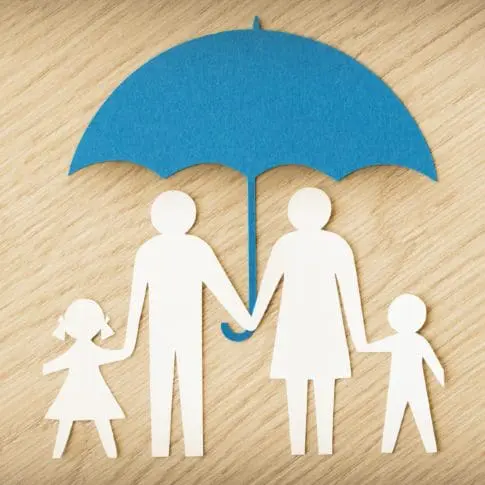On June 28, 2022, The Hamilton Project at the Brookings Institution hosted a webcast entitled “Policies to protect workers and families: Lessons for strengthening social insurance.” The event coincided with the release of a new paper by Robert Greenstein of The Hamilton Project that explores how program design matters for the long-term success of social insurance programs.
The webcast featured welcoming remarks by Hamilton Project Director Wendy Edelberg and a framing discussion between Greenstein and E.J. Dionne Jr., senior fellow at The Brookings Institution and Washington Post columnist. A roundtable discussion followed with Indivar Dutta-Gupta (Center for Law and Social Policy), Bradley Hardy (Georgetown University), Melissa Kearney (University of Maryland), and Wendell Primus (Office of the Speaker of the House of Representatives). Isabel V. Sawhill of the Brookings Institution acted as moderator.
In her opening remarks, Edelberg highlighted the release of Greenstein’s paper, “Targeting, Universalism, and Other Factors Affecting Social Programs’ Political Strength,” which examines how various dimensions of social programs influence their ability to endure.
The analysis challenges the commonly held assumption that whether programs are targeted or universal is the biggest driver of their success. Instead, the past 40 years have revealed other features that make programs likely to succeed. “This notion that universal programs always do well, and targeted programs nearly always do badly, is not supported by the history of the last four decades,” Greenstein said during his discussion with Dionne. “I think what we really need is a mix of universal and targeted programs.”
Dionne and Greenstein then handed the floor over to Sawhill and the panelists. Primus and Kearney echoed Greenstein’s argument in favor of a balance between strict, specific targeting and complete universality. “Something in between, where we go into the middle class, I think, does make those programs politically attractive and politically strong,” Primus said during the panel.
The conversation then shifted to how the social safety net can address child poverty. Social programs that help children early on can generate prosperity later in life, the panelists said. “If you think about this from a cost-benefit standpoint, these programs look like they are very good in an accounting sense for the U.S.—there’s actually a payoff from making investments in children,” Hardy said.
Yet cash assistance alone can only do so much, panelists noted. “Yes, we absolutely need more cash,” Dutta-Gupta said. “We also need to meet certain needs through systems and services. You will not through cash alone develop a childcare system … that provides the work opportunities and career development progression necessary for high-quality care.”
To conclude, Sawhill asked panelists about the chance of a recession and the ability of the current social safety net to handle one. Primus, Dutta-Gupta, and Kearney concurred that during recessions, expanded unemployment insurance and cash transfers are critical—and they may do more than in-kind benefits. “Why give preference to a child tax credit or an allowance over child care?” Kearney said. “Well, having access to child care doesn’t help someone pay the bills or buy food when they lose their job. So, giving families that ability to weather job loss during a recession is important.”



